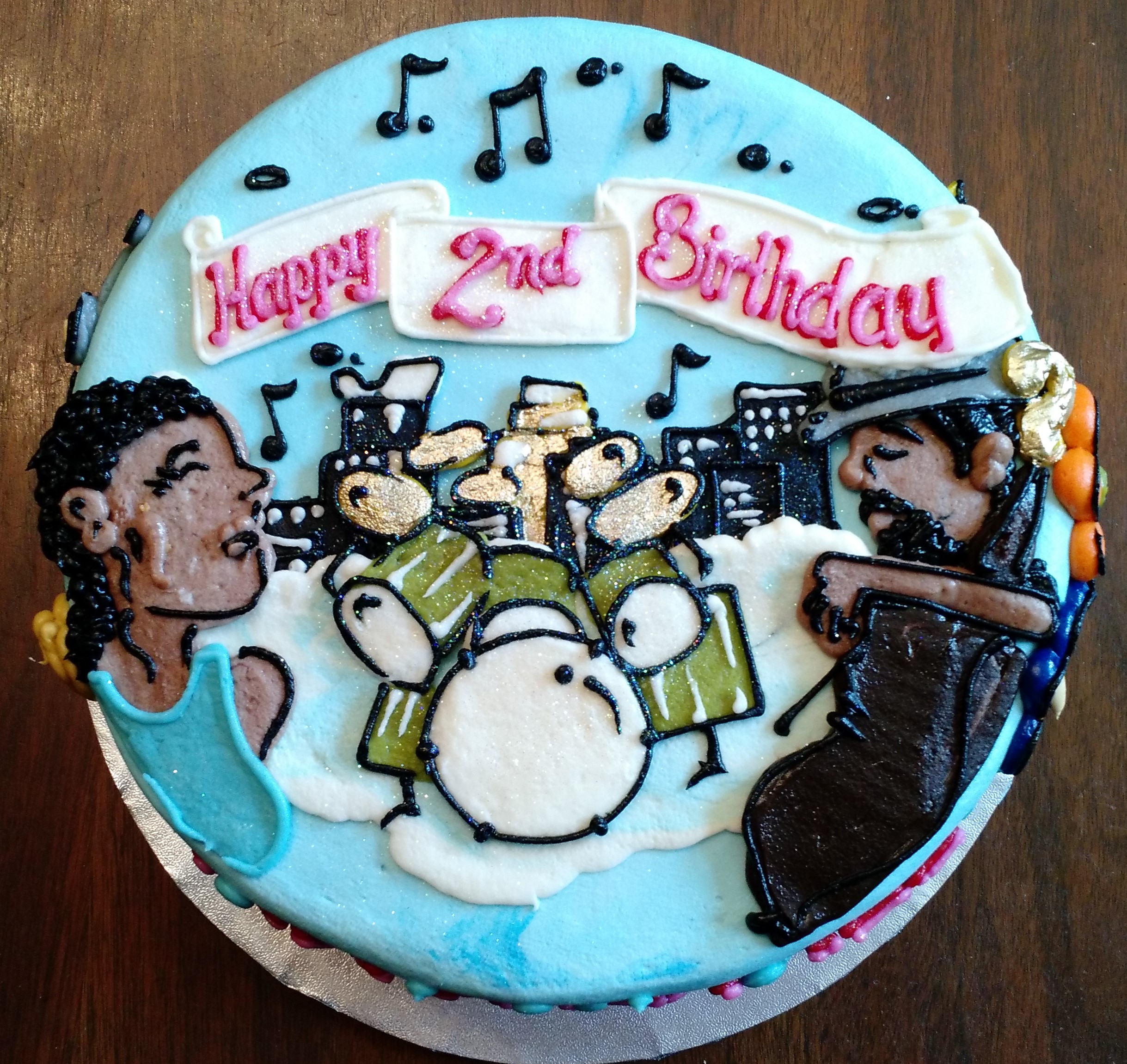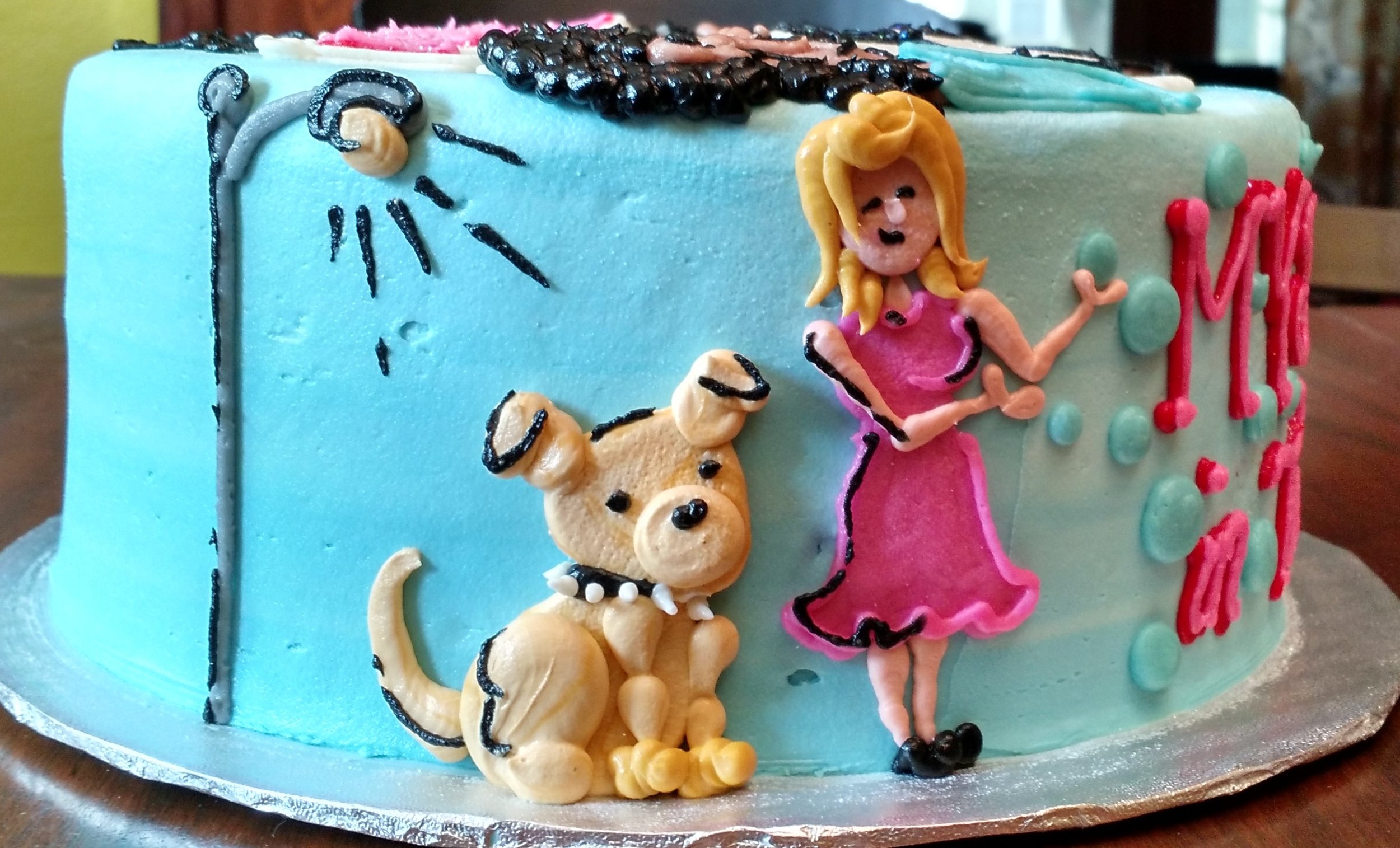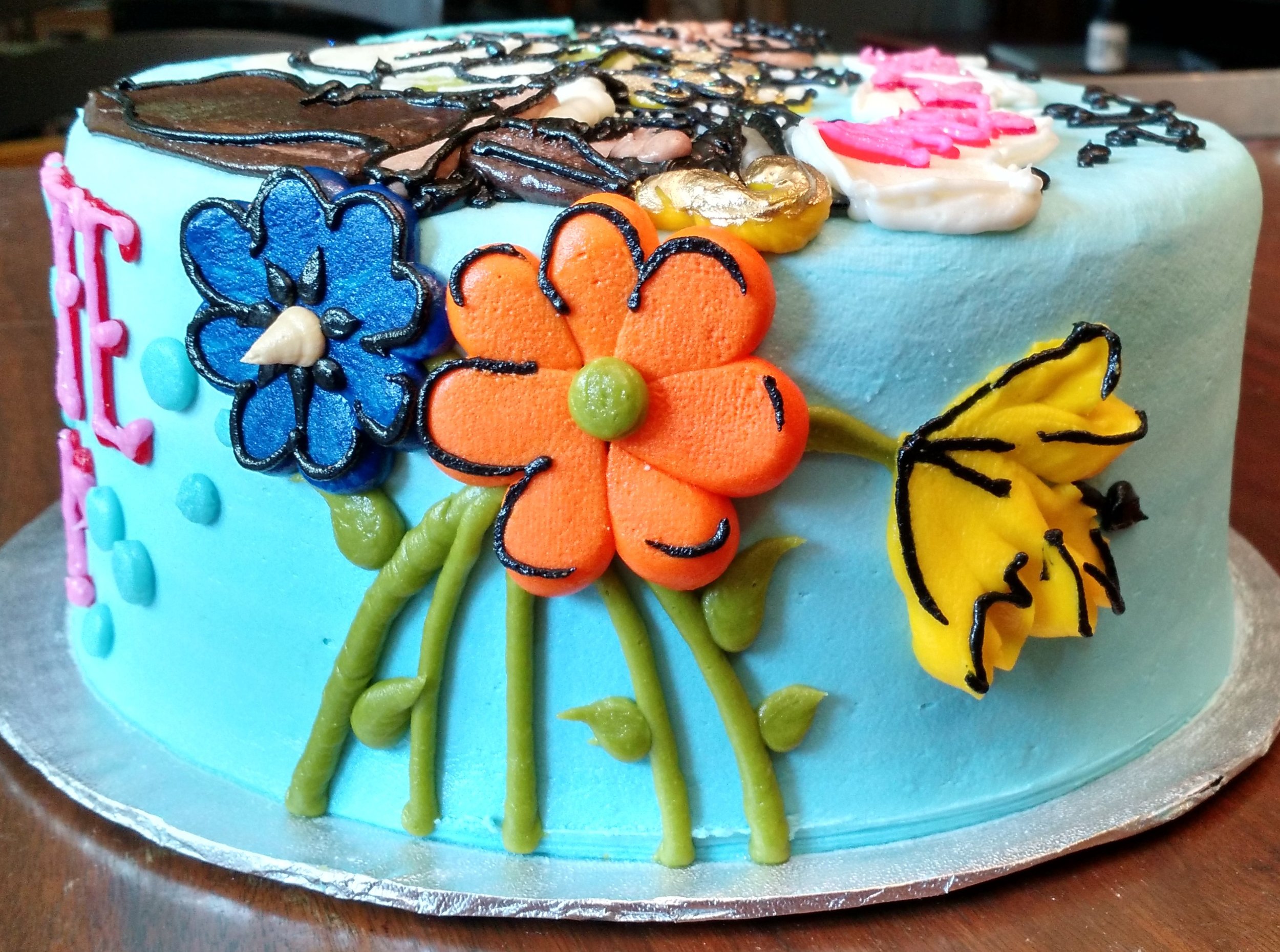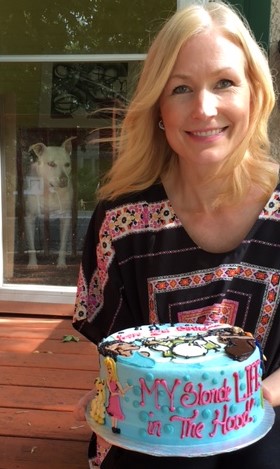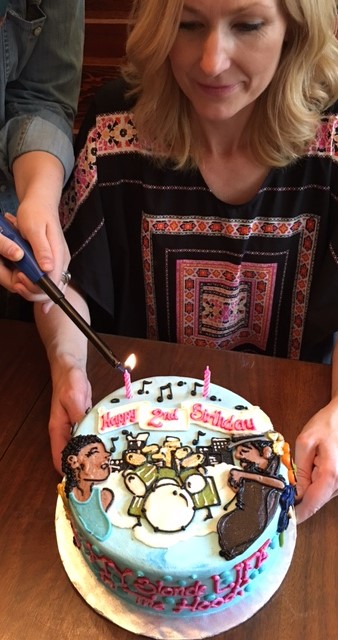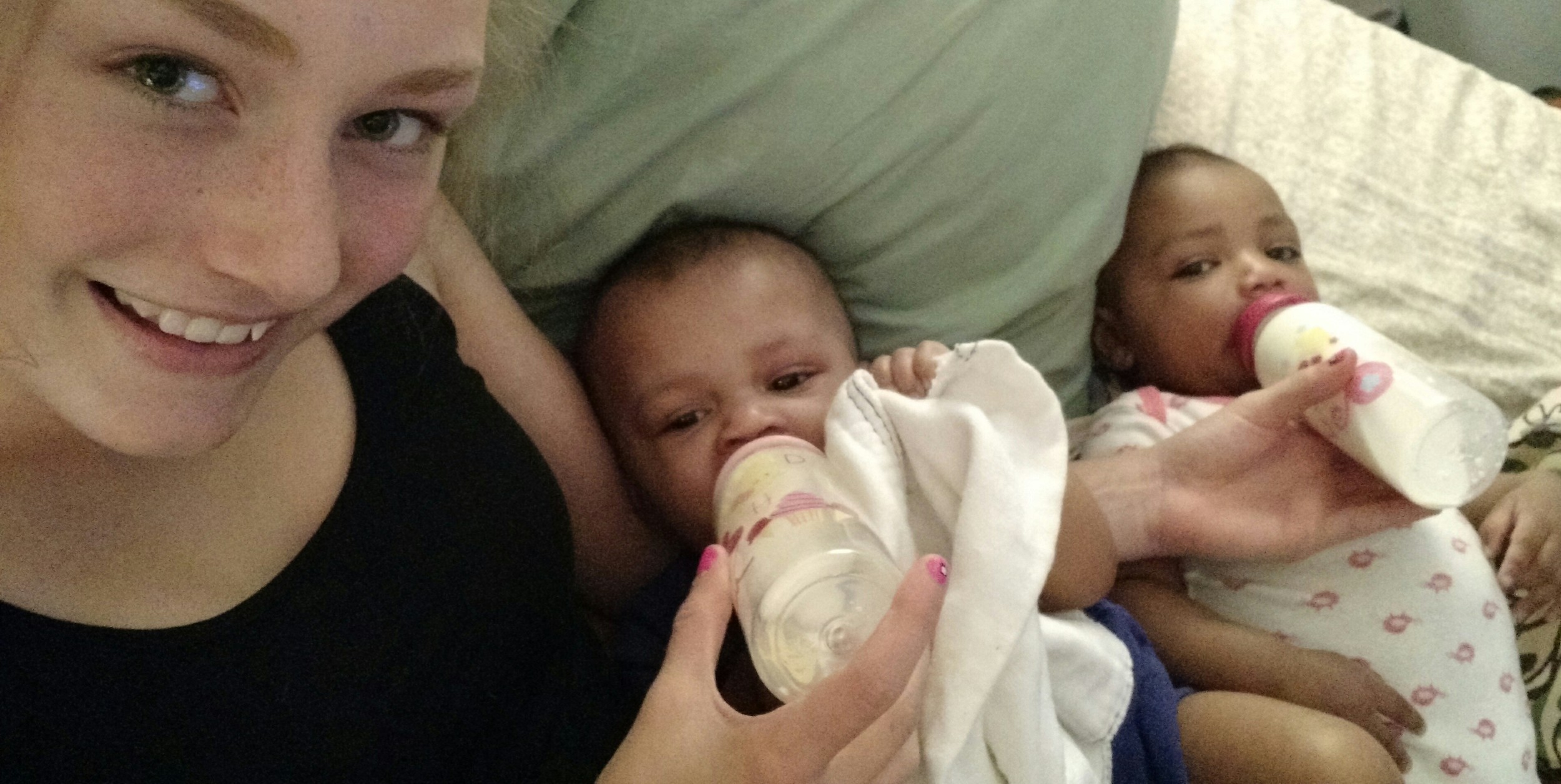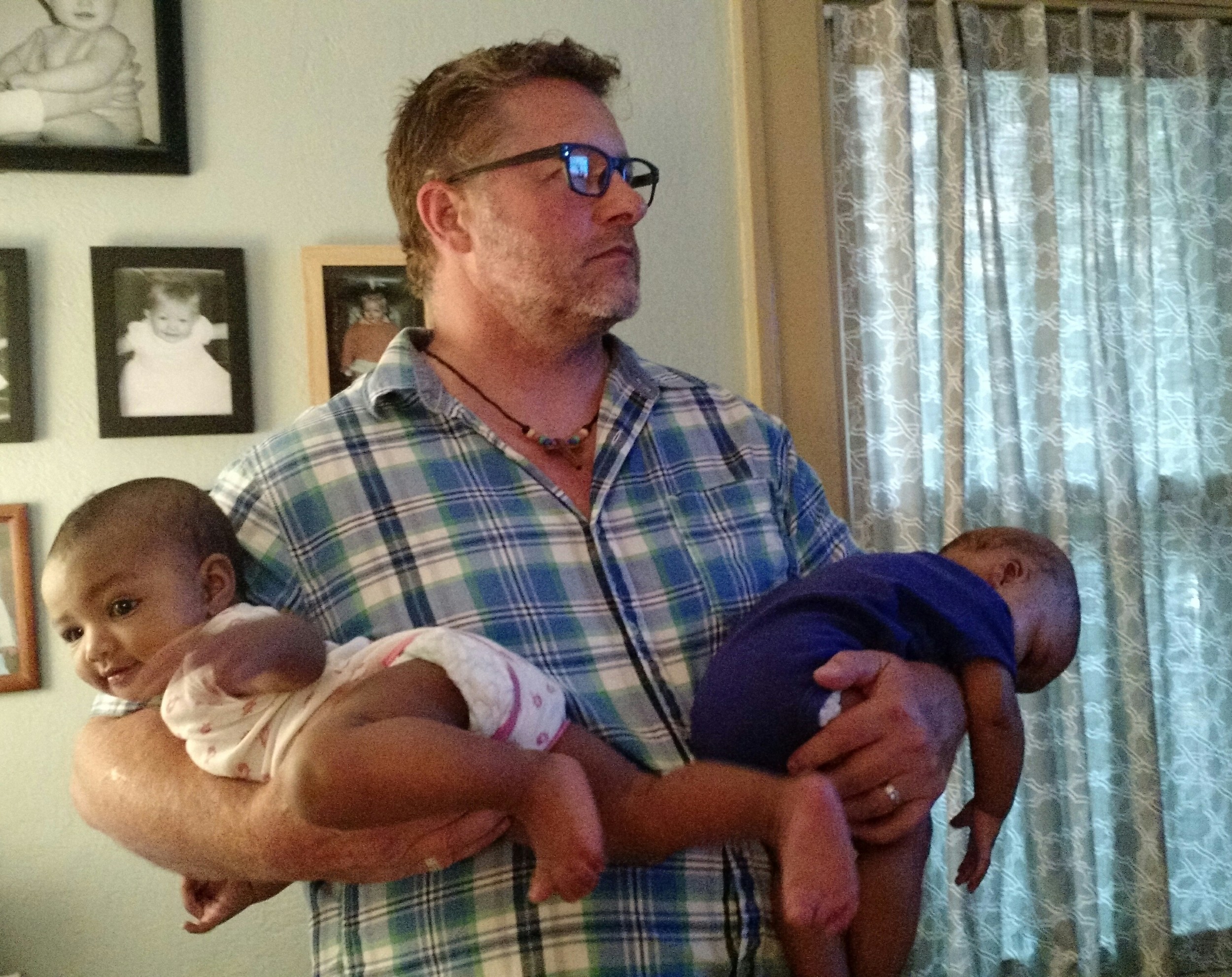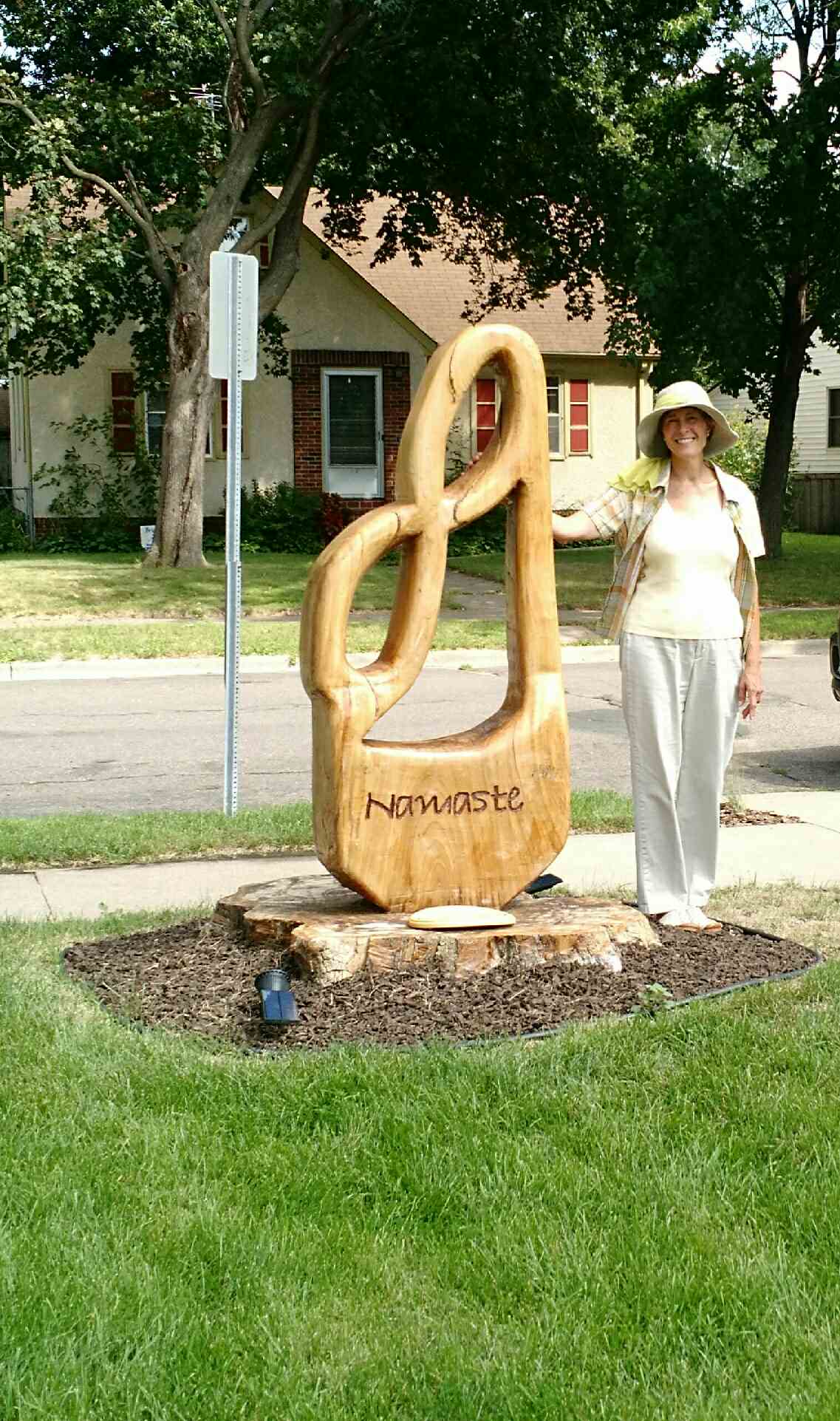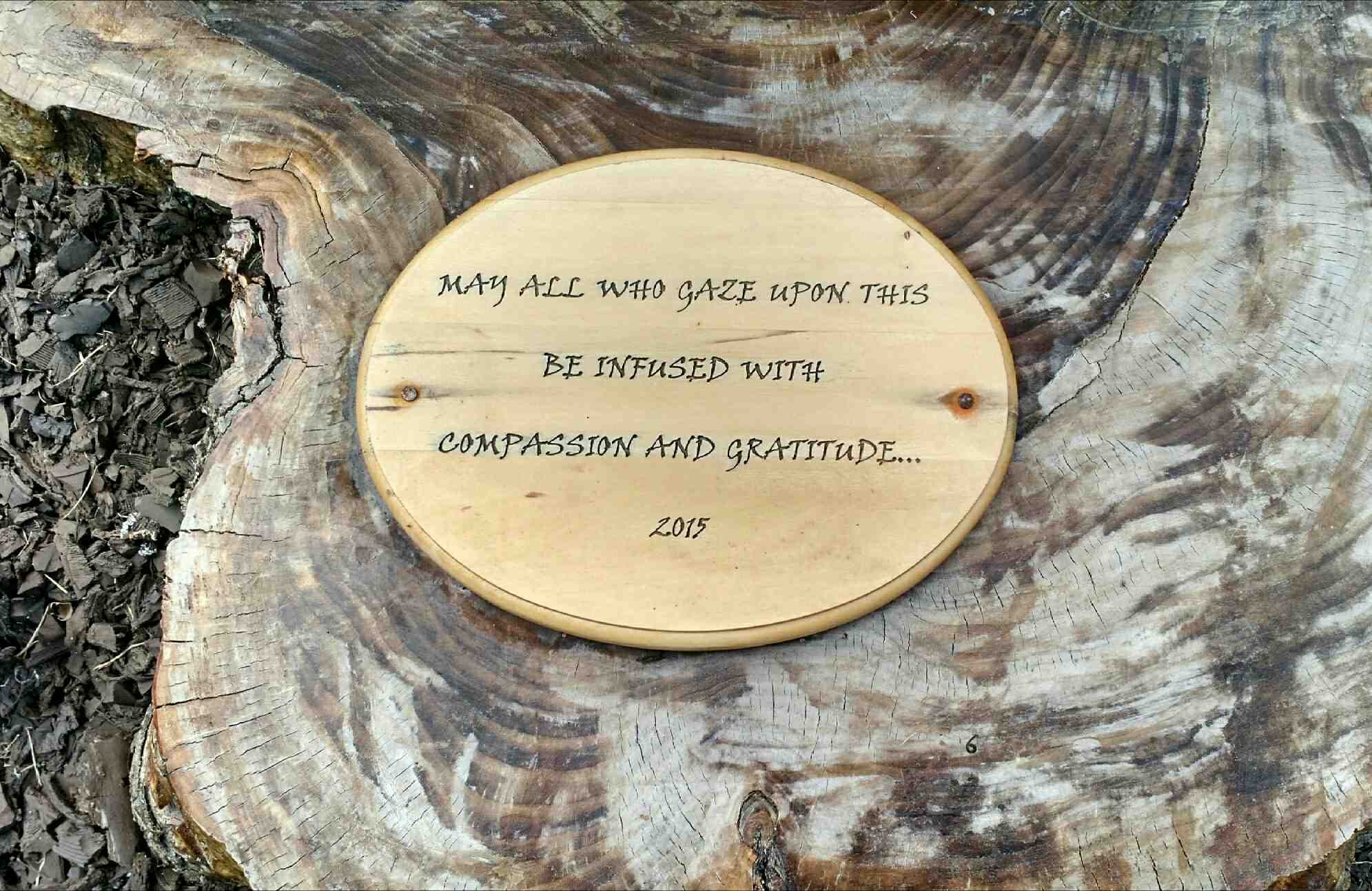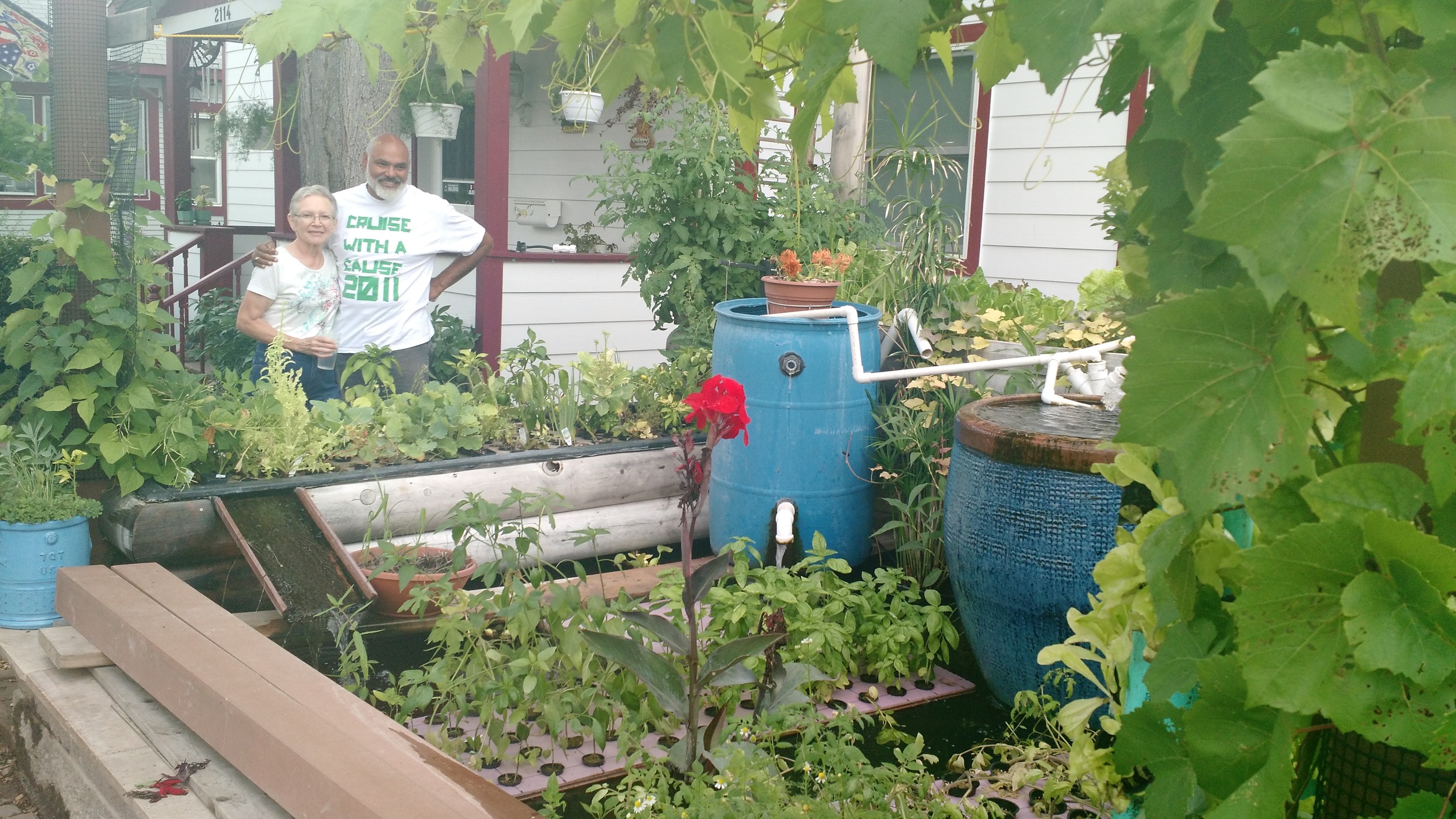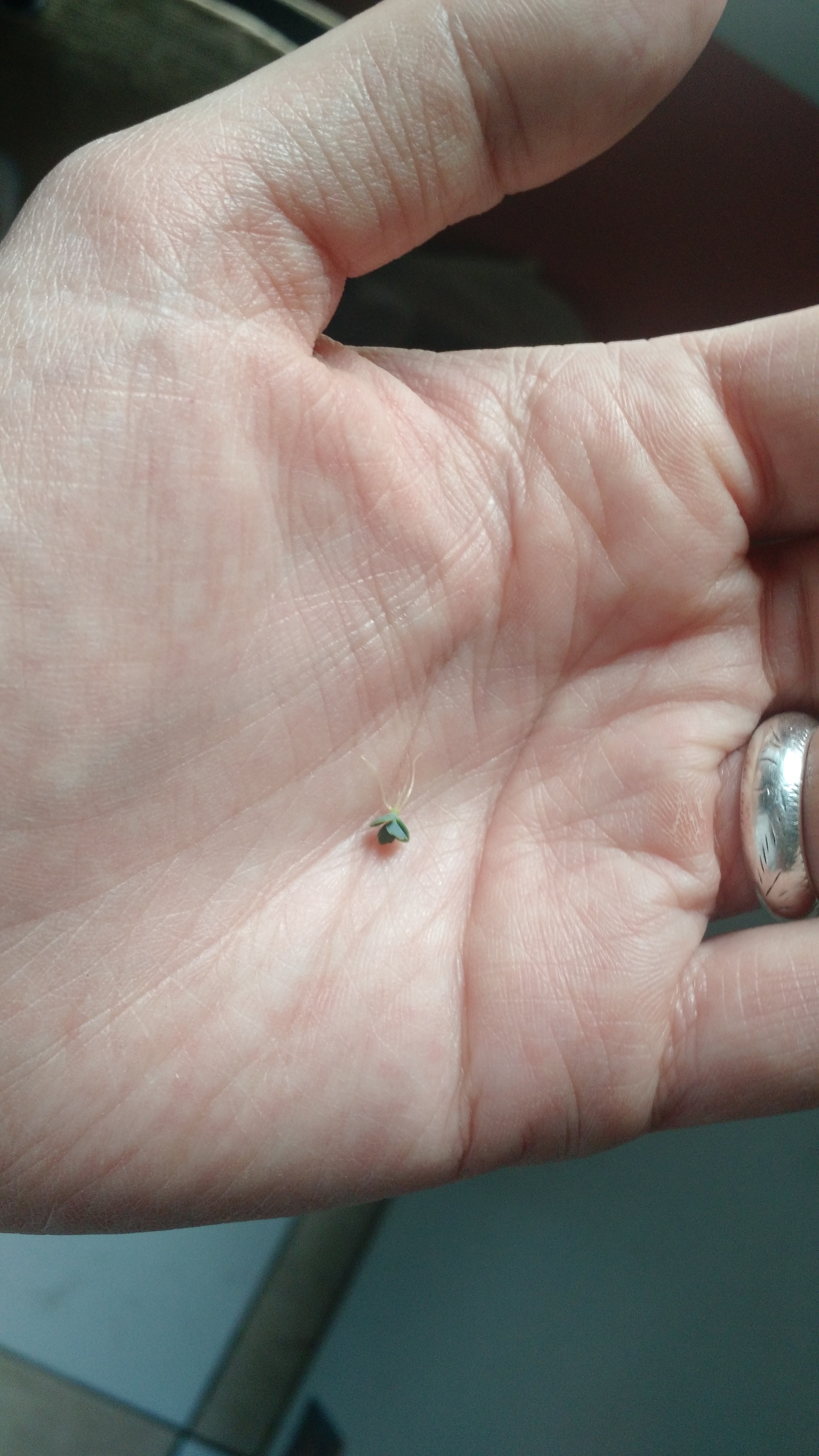I pulled up in front of my girls’ school, and the topic fluttered into my mind. I recalled the ancient words:
These commandments that I give you today are to be upon your hearts. Impress them on your children. Talk about them when you sit at home and when you walk along the road, when you lie down and when you get up.
Classes would start in twenty minutes, so I had time.
“Girls,” I said, putting the car in park. “I have a story to tell you.”
At the word ‘story’, my girls fell silent in the back seat.
I met a boy from a neighboring town during my senior year in high school, and the early months of 1988 were a flurry of happiness. Surely Richard Marx had penned his songs with the two of us in mind, and the boy must have noticed it too, because he captured them on cassette tape for me. In those days, I often stretched the telephone’s cord across the kitchen—all the way to the basement stairs—so I could perch on the steps and listen, in privacy, to his voice on the other end of the line.
Then one day, the boy asked me to his school’s prom, and I invited him to mine too, which would come two weeks after his. The days leading up to the first big event were dizzying. I shopped for a dress, had satin pumps dyed to match it, tracked down the perfect accessories, agonized over how to style my hair, and ordered a boutonniere for my date.
At last, the big day arrived. My boyfriend came to my house, his tuxedo impeccable, and with shaking hands, I opened the door. I looped my arm around his, and we were off to his prom. The night was magical.
Then came the after-party.
Crepe paper swags dripped from the doorways, and music pulsed through the atmosphere. People danced and played games. Soon, my shoes pinched my feet and my boyfriend eyed me.
“Do you wanna sit down?” he said.
I nodded, and he led me to a table and released my hand to pull out a folding chair for me. Then he sat too.
A girl sashayed toward us, her softness spilling from her neckline. She shook back her spiral-permed hair, flicked my boyfriend a coy smile, and slid into the seat next to him. Her date threw another guy a playful jab and then plopped down on a chair by her.
The girl pulled a pen and scrap of paper from her purse. She scribbled something on the paper and folded it. She waited a beat and passed it under the table to my boyfriend. I saw their hands touch as he slipped the note from her. He read it, using the table as a shield. A subtle smile. My stomach lurched.
On the drive home, my boyfriend and I chatted as though the girl at the table hadn’t existed, as though she hadn’t passed him a secret message, and as though I didn’t know what was going on.
But why should I feel insecure? It was just a note. Wasn’t it?
The telephone was silent for the next week and a half. I worried. My school’s prom was only a few days away, and no word from my boyfriend. Finally, I phoned him.
Yes, he had meant to call. Yes, he was looking forward to the event. Yes, he’d pick me up at such and such a time.
The second big day arrived. My boyfriend came to the door and with shaking hands, I motioned him inside. Mom snapped pictures of the two of us—as stiff as mannequins—in the living room. And we were off to my prom. Because of my friends, the night was magical.
Then came the after-party.
“Do you wanna leave?” my boyfriend said thirty minutes into it. “Go somewhere to talk?”
“Uh, sure. I guess.” I tossed my friends a shrug and left with him.
We drove the streets of my small hometown and talked. He had feelings for the note-passing girl, he told me. Actually, he confessed, they were already dating.
I took the emotional punch to the stomach while maintaining a plastic smile; he didn’t deserve my real one anymore.
“I want to go back to the after-party,” I said.
“Sure, let’s go.”
He drove us back to the event, but the chaperones turned us away at the door. By leaving early, we had violated one of the rules for attending the post-prom fun. My date shrugged at the news. I tried to slow my breathing. My senior prom—all gone. He drove me home.
In church with my family the next morning, I relived the previous night. I hadn’t said a word about it to anyone. My parents sat like bookends at either end of the pew, my siblings and I lined up like novels between them. But the story inside me was too painful for my covers, so I wept silently during the sermon, my body shaking the whole bench. Soon, Dad’s white handkerchief—the one reserved for Sundays—bobbed down the pew, through my siblings’ hands, until it came to a stop at me. And I cried even harder.
Two years later, I lived with my brother in Saint Paul. I rarely thought of my high school prom boyfriend anymore, but when I did, I gritted my teeth and slung the memories of him into the past where they belonged. Then one day, a letter arrived for me. And in the top left-hand corner of the envelope was his name.
How had he found me, now away at college? I narrowed my eyes and opened the letter. He wrote about how sorry he was for what had happened two years earlier on our prom nights. He should’ve been honest, kinder, better, more sensitive, he wrote, because I deserved only good things. He had been stupid, he said. And then he closed the letter with a question:
“Will you forgive me?”
I pulled out a piece of paper, an envelope, a stamp, and I sat down to write back. But unlike his letter, I kept mine short:
“No. I don’t forgive you.”
My girls, their eyes wide, had hooked their hands on the car’s front seat, pulling closer to my story. Twenty-six years had passed since prom night and twenty-four years since the letter. My date’s actions had lost their power long ago, leaving only a shadow over my thoughts of him and a wrinkled nose at the mention of his hometown. My unforgiveness had seemed benign. Until now.
“Don’t be like me,” I said, my voice catching. “Forgive people when they ask. You might not feel like it, but do it anyway.”
“You could do it now, Mom.” Dicka’s voice was soft, tentative. “You could still forgive him.”
“Mom,” said Ricka, her eyes bright. “You should try to find him.”
I pulled my cell phone from my purse and with only a few key strokes, found my prom boyfriend on Facebook. I typed a private message, reminding him of his letter all those years ago—and my response to it then that I regretted now. I did forgive him, I said. And then I asked a question:
“Will you forgive me?”
A minute passed—then two. Up popped the notification that he had seen my message. Another few minutes ticked by, and then came the answer:
A thumbs up. “Yes.”
*Miss an installment of the blog? Or want to catch the story from the beginning? Visit http://www.tamarajorell.com/blog-entries-by-date
*Names in this blog have been changed to protect my family, neighbors, and friends in the neighborhood, and in a nod of appreciation to the beloved Swedish author Maj Lindman, I’ve renamed my three blondies Flicka, Ricka, and Dicka.


